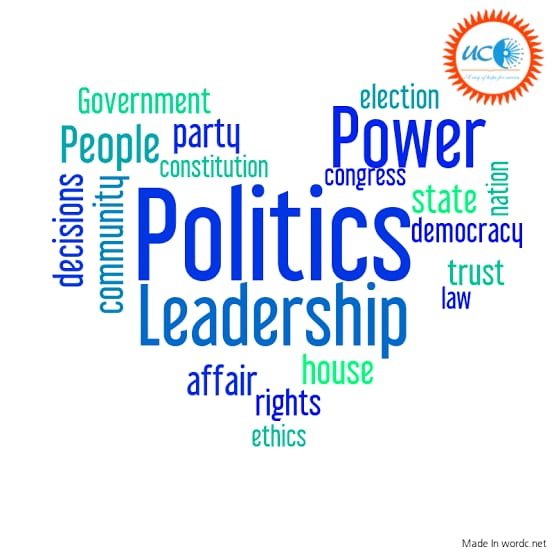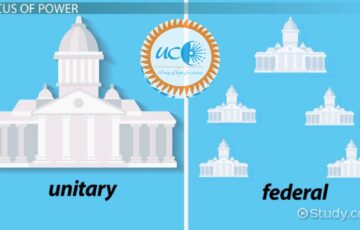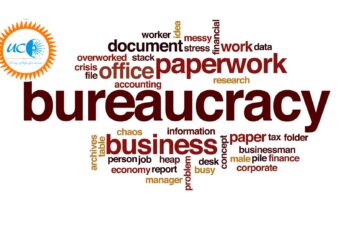Keywords – Polity
Constitution:
Constitution is a set of rules and regulations guiding the administration State.
Democracy:
Democracy is a form of government where the Supreme power belongs to the people.
Republic:
Head of State is elected through election not by hierarchy. India is republic, but Britain is not republic.
Monarchy:
In monarchy the kings head the government. Two types of monarchy are ‘absolute monarchy’ and ‘constitutional monarchy’
Dictatorship
In dictatorship the authority rests in the hands of one individual is not crowned.
Military Dictatorship:
In military dictators the political power rests with the highest military authority. The people are denied the freedom of expression.
Communism
There is no scope for private ownership. All means of production are nationalized
Capitalism
An economic and political system in which a country’s trade and industry are controlled by private owners for profit, rather than by the State.
Socialism
A political and economic theory of social organization which advocations that the means of production, distribution and exchange should be owned or regulated by the community as a whole.
Federalism:
Federalism is a system of government in which the same territory is controlled by two levels of government.
Unitary state
A system of political organization in which most or all of the governing power resides in Central government in Contrast to federal State.
Citizen
A Citizen is a member of the state. He/she owes allegiance to it. He/she is protected by the state and enjoys civil and political rights
Alien
An alien is one has come to reside temporarily in a State. He Owes allegiances to the State of his origin.
Single citizenship:
The constitution makes provision for a single citizenship in order to curb narrow-minded provincialism
The citizens of this country have the equal rights, irrespective their place of birth or residence.
Dual Citizenship:
It means being a citizen of two countries simultaneously and sharing two rights and responsibilities of the citizens in each country.
Secularism:
No religion has acquired the status of National Religion.
India is a Secular country.
Communalism:
Communalism is a Situation when a particular community tries to promote its own interest at the cost of other communities.
Regionalism:
Regionalism means the strong feeling of people in favour of the local in the local area in which they live.
Nationalism
Nationalism is an ideology that emphasizes loyalty, devotion, or allegiance to a nation and holds that such obligations outweigh other individual or other interests.
Colonialism
The policy practice of acquiring full portal political control over another country Occupying it with settlers and exploiting it economically.
Apartheid: –
A policy system of segregation or discrimination on grounds of race.
Universal Adult Franchise
All citizens above 18 years of age may exercise their right to vote. It symbolizes sovereignty, absolute power of the people.
Sovereign:
Supreme power of the Country.
It has powered to take decision individually regarding internal and external matters.
Justice
The quality of being just; righteousness; equitableness, or moral rightness.
Equality:
The state of being equal, especially in status, rights or opportunities.
Liberty
The State of being free within society from oppressive restrictions imposed by authority. one’s way of life, behaviour or political views.
Fraternity
Assuring the dignity of the individual and this unity and integrity of the Nation.
Written Constitution:
The powers and functions of organs of this government like Legislature, Executive and Judiciary have been delineated in the Constitution.
Indian Constitution is in written form.
Unwritten Constitution:
Some countries have Unwritten constitution. Great Britain has unwritten constitution.
Legislature:
Law making institution is called legislature.
In India the central Legislature is called parliament, consists of 2 Houses – Lok Sabha and Rajya Sabha.
The Executive:
It implements the laws framed by the Legislative. It also implements the programmes. and policies of the Government. The Union Executive consists of the president, prime Minister. and his council of Ministers.
Judiciary:
we have a common Judicial system for the entire Country. Our Judiciary is independent Legislature and the Executive.
Parliamentary form of Government:
Our Constitution provides for Parliamentary form of Government. The Sovereign power of the nation is vested m the elected parliament
Presidential form of Govt:
A presidential system is a system of government where of head of government is and head of state and leads executive branch that is separate from legislative branch.
Flexible constitutions:
The Constitution which can be easily amended is called flexible or simple Constitution.
Rigid constitution:
Constitutions that have special procedures for amendment are called rigid or complicated constitution.
Unity in Diversity:
In spite of all differences in various aspects, India Stands on a foundation of Unity.
Uniform administrative system, efficient communication tools and modern education system have enabled Indians to nurture a feeling of oneness.
Social Justice.
Social justice refers to a fair and equitable division of resources fair and opportunities and pre privileges in society.
Economic justice:
The main principles of economic justice include universal basic income, income equality by gender and equal opportunity for employment and credit.
Political justice:
It refers to political fairness and political rights. one citizen liberties regarding government and political participation.
Law:
The system of rules which a particular country or community recognizes as regulating the actions of the members and which it may enforce by the imposition of penalties.
Act:
When a bill is passed in identical form by both the houses of parliament, it is sent to the president for his signature. If the president signs the bill, it becomes an act.
Bill
A bill is proposed regulation under consideration by a legislature. A bill does not become law until it is passed by the legislature as well as, in most cases approved by the executive.
Election:
An election is a formal group decision making process by which a population chooser an individual or multiple individuals to hold public office.
Ballot Paper:
Ballot papers are provided to the voters to their Vote. Ballot papers contain the names of the contestants and the symbols allotted to them.
Electronic Voting Machines [EVMS]
Electronic voting Machines are replacing the ballot papers now a days.
The Voters record their Vote through EVMs by pressing a button in front of the candidates.
Electoral college: –
To elect the president of India, an electoral college is formed. It consists of elected members of both Houses of parliament, all elected members of the legislative assemblies of all states, New Delhi and Pondicherry.
General Election:
A general election is a political voting election where generally all or most members of a given political body are chosen.
These are usually held for a nation, state or territory’s primary legislative body, and are different from by-elections.
By-Elections
By election is a election held to fill a vacancy caused by the death or any reasons.
Reservation
There one reserved constituency in both parliamentary and state Assembly election. From the reserved constituency scheduled Caste Scheduled Tribe community people only can contest as a candidate.
Preamble
The preamble contains the fundamental policies and ideals of the Constitution. It is the sum the structure, values, principles, and goals of the Constitution. It is based on the aspirations and ideals of the people of India.







